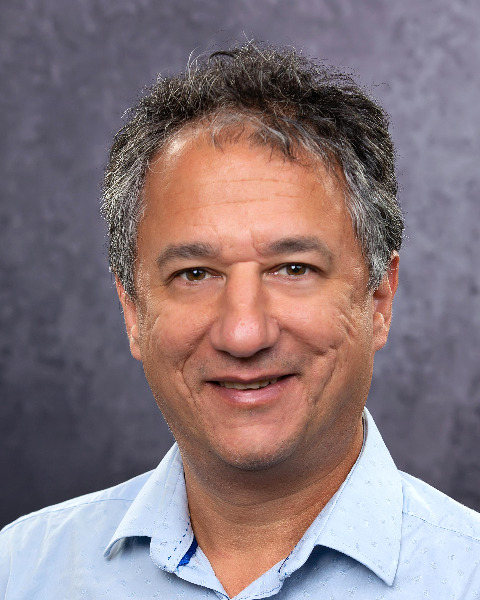Small Animal
Non-Surgical Targeted Treatment of Oral Tumors in Dogs: Are We There Yet?
Saturday, October 25, 2025
3:00 PM - 3:15 PM

Santiago Peralta, DVM, DAVDC, FF-AVDC-OMFS
Associate Professor, Dentistry and Oral Surgery
Cornell University
Ithaca, New York
Guest Speaker(s)
Depending on the stage of the disease, the treatment of choice for most oral tumors in dogs is wide-margin surgical excision, which frequently results in patient disfigurement and dysfunction. Recent studies have started to elucidate molecular vulnerabilities that can be targeted using non-surgical approaches. This lecture discusses canine oral squamous cell carcinoma and how targeted therapies can complement traditional treatment approaches to help minimize morbidity while enhancing outcomes.
